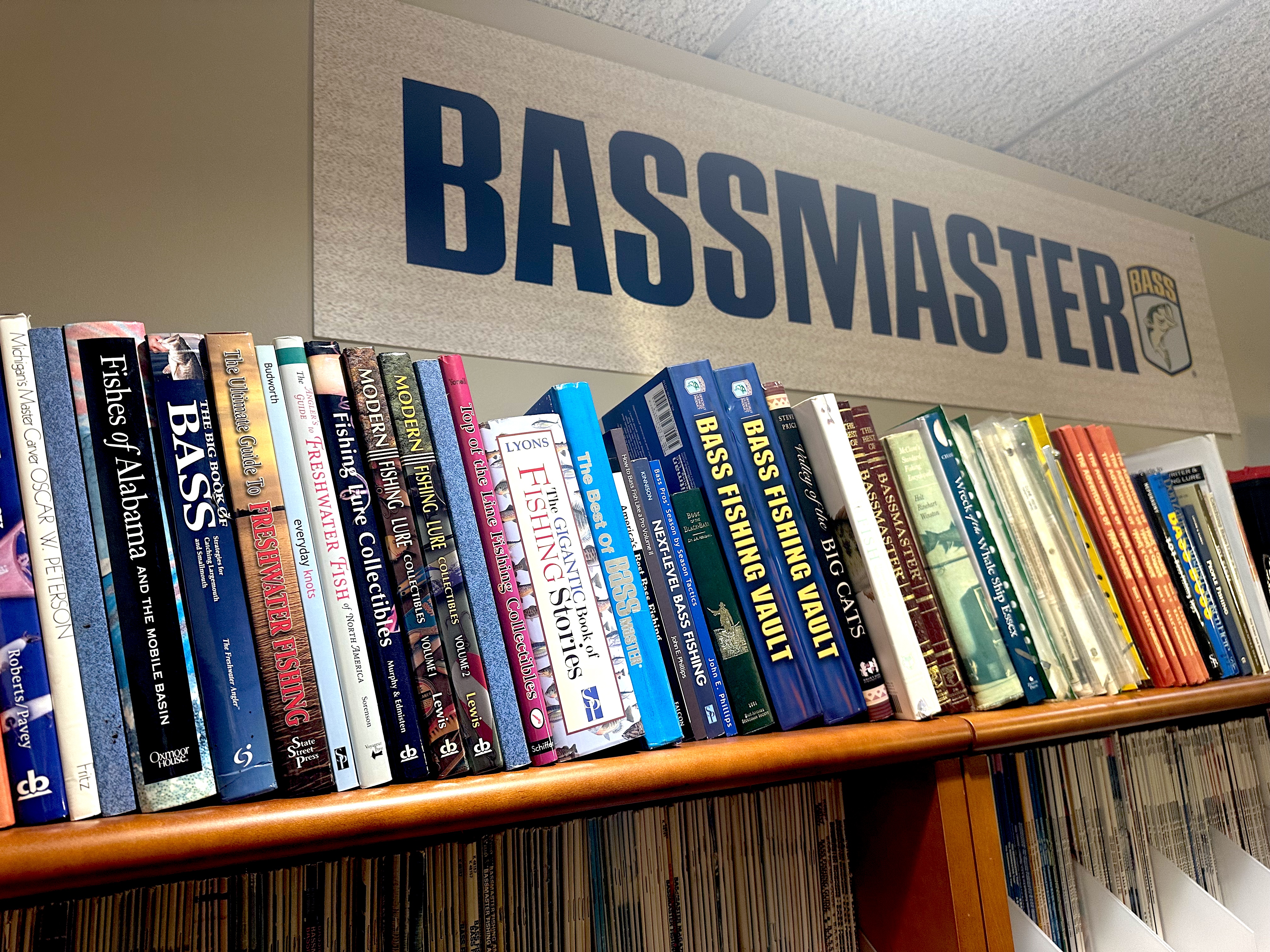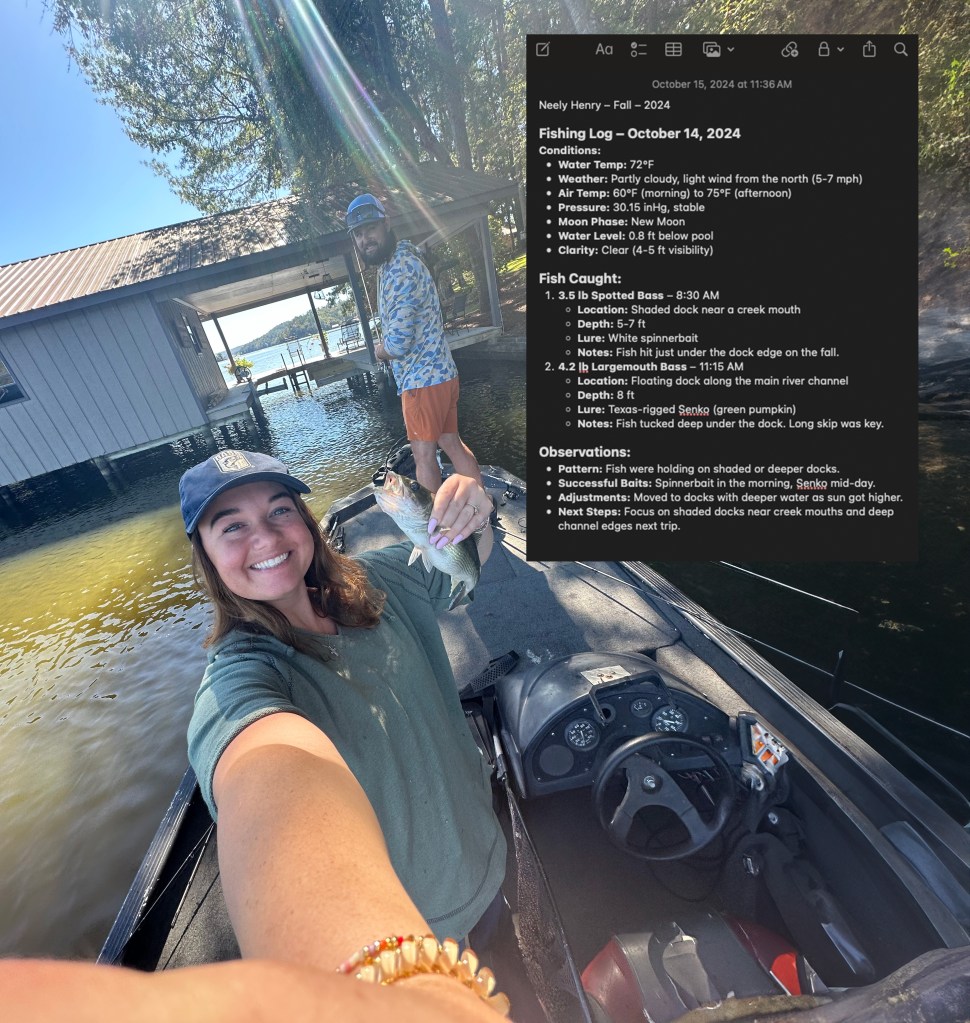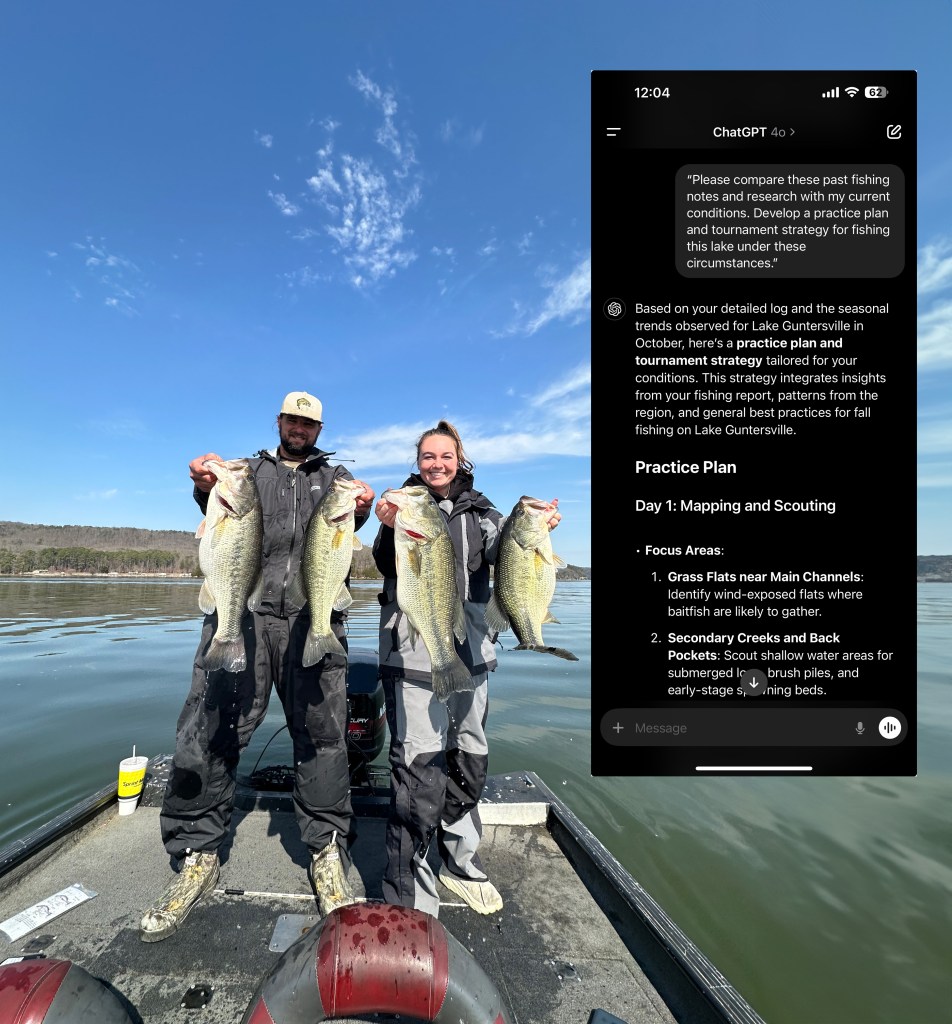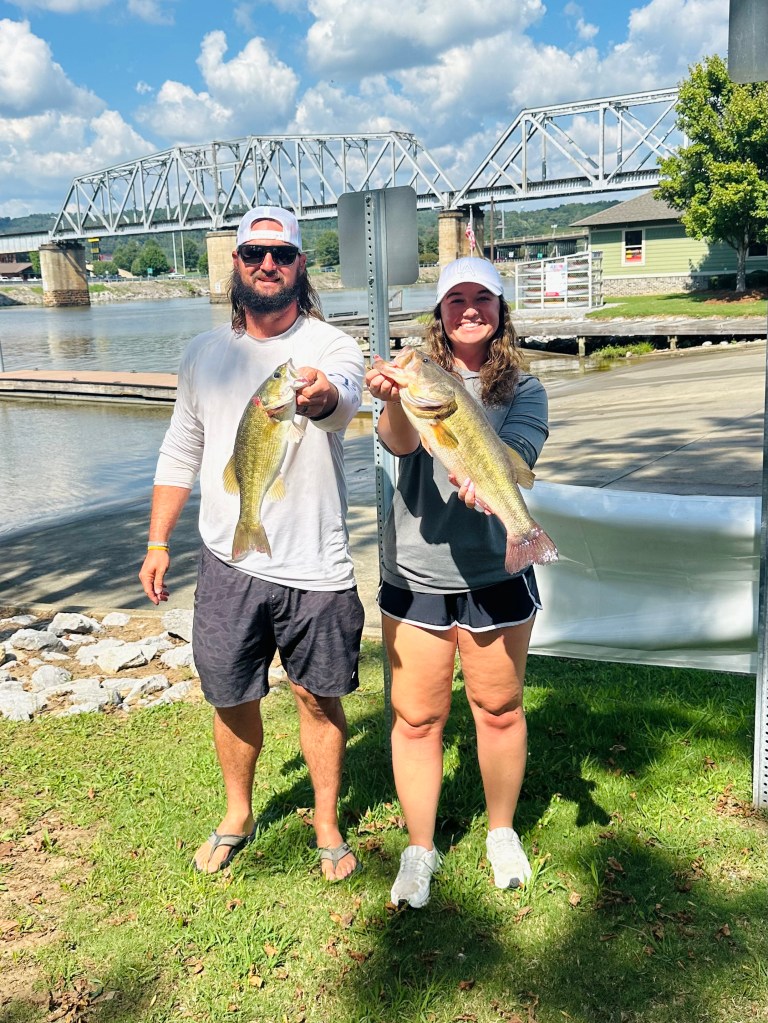
If you want to elevate your fishing game and gain an edge on the water, the key is to combine on-the-water experience with diligent research. The best anglers don’t rely solely on intuition—they learn to document what they observe and study trends from books, articles, videos, and tournament history. This life hack isn’t just about keeping notes—it’s about turning those notes into actionable insights that make you a smarter, more strategic angler.
How to take effective notes
To become a well-rounded, book smart angler, you need a system that captures everything you experience on the water and everything you learn through research. Here’s how:

1. On-the-water note-taking system
Every time you finish a day on the water, create a folder on your phone with this naming format: Lake Name – Season – Year
Inside that folder, type out a detailed summary of everything relevant from the day:
- Water Temperature
- Moon Phase
- Barometric Pressure
- Water Levels
- Weather Conditions (e.g., wind speed/direction, cloud cover, air temperature)
- Fish Caught (species, size, time of day, water depth)
- Structure and Vegetation (e.g., docks, grass lines, points, or submerged timber)
- Lures Used (colors, techniques, and any adjustments you made)
The goal is to document every detail while it’s still fresh in your mind, so you have a clear, usable record when prepping for future trips or tournaments.

2. Note-taking for research
Being book smart means going beyond personal fishing experiences. You should also study fishing resources like articles, books, videos, and tournament reports. Take notes from these materials the same way you would from a fishing trip. Also Include links and source so you can go back and revisit materials later.
Here’s what to look for:
- Books & Articles: Write down key strategies and patterns for specific seasons, lakes, or techniques. Highlight trends that apply to the fisheries you frequent or those in upcoming tournaments.
- Videos & Webinars: Record insights from top anglers, focusing on techniques they use in challenging conditions. Pay attention to retrieval styles, gear setups, and lure choices—not just their catches.
- Tournament Recaps: Take note of patterns in winning strategies. What baits and tactics produced results under similar conditions? Track tournament history by lake and season to spot trends that align with your future events.

How to store and organize your notes
Having a system in place for your notes ensures you can access key insights efficiently. Here’s how to manage and back up your data:
- Create a Research Folder on your computer or cloud drive to store both your fishing logs and research notes. Use subfolders by topic, lake, season, or year.
- Convert your notes into PDFs regularly to ensure they aren’t lost if you switch phones or run out of storage.
- Print and file important notes to create a physical library for quick access when prepping for tournaments.
- Bonus Tip: Use a spreadsheet to log patterns across lakes and seasons. For example, track water temps, moon phases, and lures to spot trends over time.

Connecting the dots
Once you’ve built a solid library of fishing notes and research, you can unlock even greater value by leveraging AI tools to connect the dots. Here’s how you can use this advanced technique for tournament prep:
- Review your previous notes from similar conditions—whether they’re from fishing trips, books, videos, or tournament history.
- Copy and paste these notes into AI software and add your current conditions: water temps, moon phase, weather forecast, water levels, etc.
- Use this Prompt:
“Please compare these past fishing notes and research with my current conditions. Develop a practice plan and tournament strategy for fishing this lake under these circumstances.”
AI tools will analyze your past insights alongside current conditions to create a tailored fishing strategy. It’s like having a second brain—one that never forgets the subtle details. The AI will help you spot patterns, trends, and opportunities that may have slipped your mind.

The book smart advantage
By taking detailed notes on every fishing trip, article, video, and tournament result, you create a comprehensive fishing knowledge base. This approach gives you an edge over other anglers who rely only on memory or intuition. The more detailed your notes, the more efficiently you’ll prepare for future tournaments, with every insight reinforcing your fishing intuition.
How this system gives you a competitive edge:
- You retain critical information from every resource, even months or years later.
- You identify trends more effectively by analyzing both personal experiences and tournament results.
- You develop smarter strategies faster, with AI tools highlighting patterns and opportunities.
Many anglers rely on instinct alone, but those small lessons you learn from books, videos, or tournament reports can make all the difference. By using research to complement your time on the water, you’ll become a more well-rounded angler—one who adapts quickly and thinks strategically.

Closing thoughts
Becoming a book smart angler is about developing a habit of continuous learning. Every fishing trip and every resource you consume adds to your knowledge base. By documenting what you learn and using that information wisely, you’ll gain the upper hand in tournaments and recreational fishing alike. The time you invest now will pay off for years to come, with every note sharpening your intuition and strategy.
This method isn’t just a new way to prepare for tournaments—it’s a mindset. Efficient, organized research will help you unlock insights that others might overlook, giving you an edge both on and off the water. In the world of fishing, knowledge truly is power.




